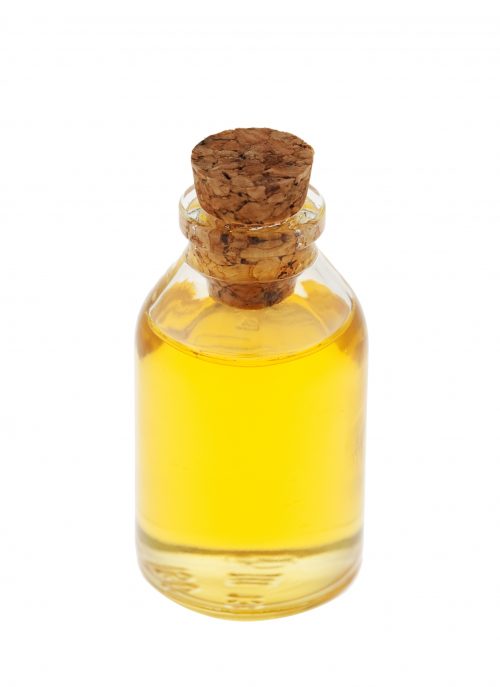
There aren't any 'special' foods which are going to act as magic bullets and bring your cholesterol level rocketing down. But some foods are beneficial to include in your diet.
Oily fish
Common types of oily fish in New Zealand are salmon, tuna, trout and sardines. These fish have particularly high levels of omega-3 fats; about four times as high as white fish.
These unsaturated fats are highly valuable because they help control blood pressure and reduce blood clotting, but they don't have any great influence on cholesterol. Still, it's a good idea to include some fish-based meals each week for all-round health.
Nuts
Nuts can help reduce cholesterol levels as part of our everyday eating, rather than as an extra. They are around 50% fat, some a good deal higher.
They are, therefore, not an ideal low-energy snack for endless nibbling. The vast majority of the fat in nuts is unsaturated though, so can help reduce cholesterol levels, particularly if replacing foods high in saturated fat, such as biscuits and cakes.
Almonds, cashews, peanuts and hazelnuts are all high in monounsaturated fat, whereas walnuts are high in polyunsaturated fat, including omega-3s.
Include in a meal or as a small snack, but avoid the temptation to just keep nibbling.
Olive oil
Once a connection was suggested between the liberal use of olive oil by our Mediterranean cousins, and their healthy hearts, this oil became something of a hero.
It is high in monounsaturated fat, known to have a positive effect on cholesterol levels, even if we're not sure how. Use instead of saturated fats like butter and coconut oil.
But remember, as with all oils, it is still liquid fat, so if you are also controlling your weight, try to use as little as possible. Measure it out with a spoon rather than pouring from the bottle.
Spreads containing plant sterols
Sterols are similar in structure to cholesterol and compete for entry into our blood when eaten together.
The amounts which occur naturally in vegetable oils, legumes and nuts are too small to have any effect, so they are added artificially to margarine-type spreads in larger amounts.
The manufacturers recommend 2-3 slices of bread, spread with this margarine, each day. It stops cholesterol entering our blood, not saturated fat.
As we discovered earlier, it is more important to cut down the saturated fat in food than the cholesterol. So these spreads are fine to use, but do come at a premium price.
www.healthyfood.com










